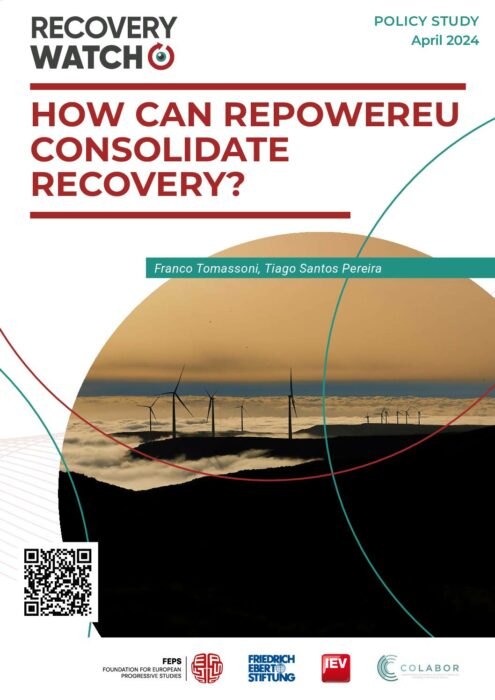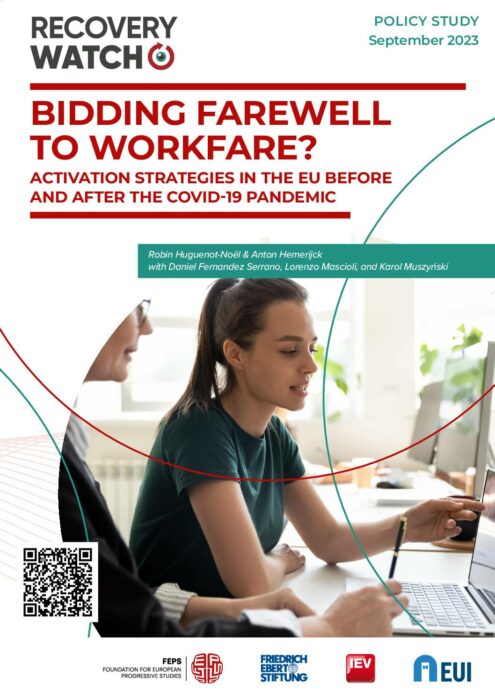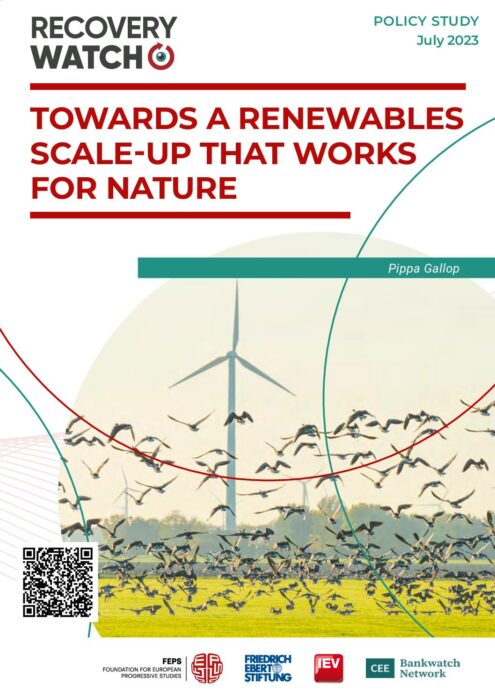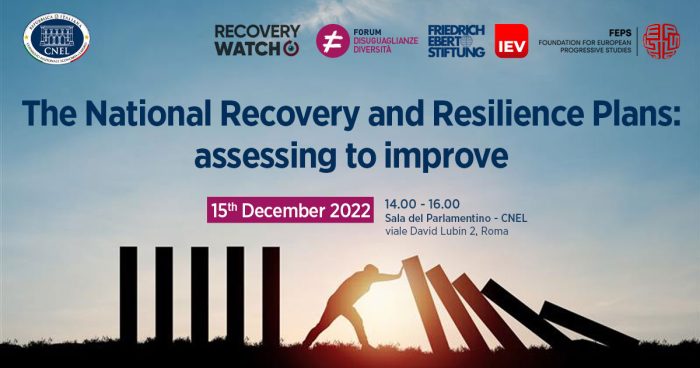Network
Find all related publications
Publications
Find all related events
Events
Past
Find all related news
News
Find all related in the media
In the media
L’Italia non riesce a usare il Pnrr: abbiamo speso solo un terzo dei 42 miliardi di euro stanziati
by L'Espresso 09/01/2023











